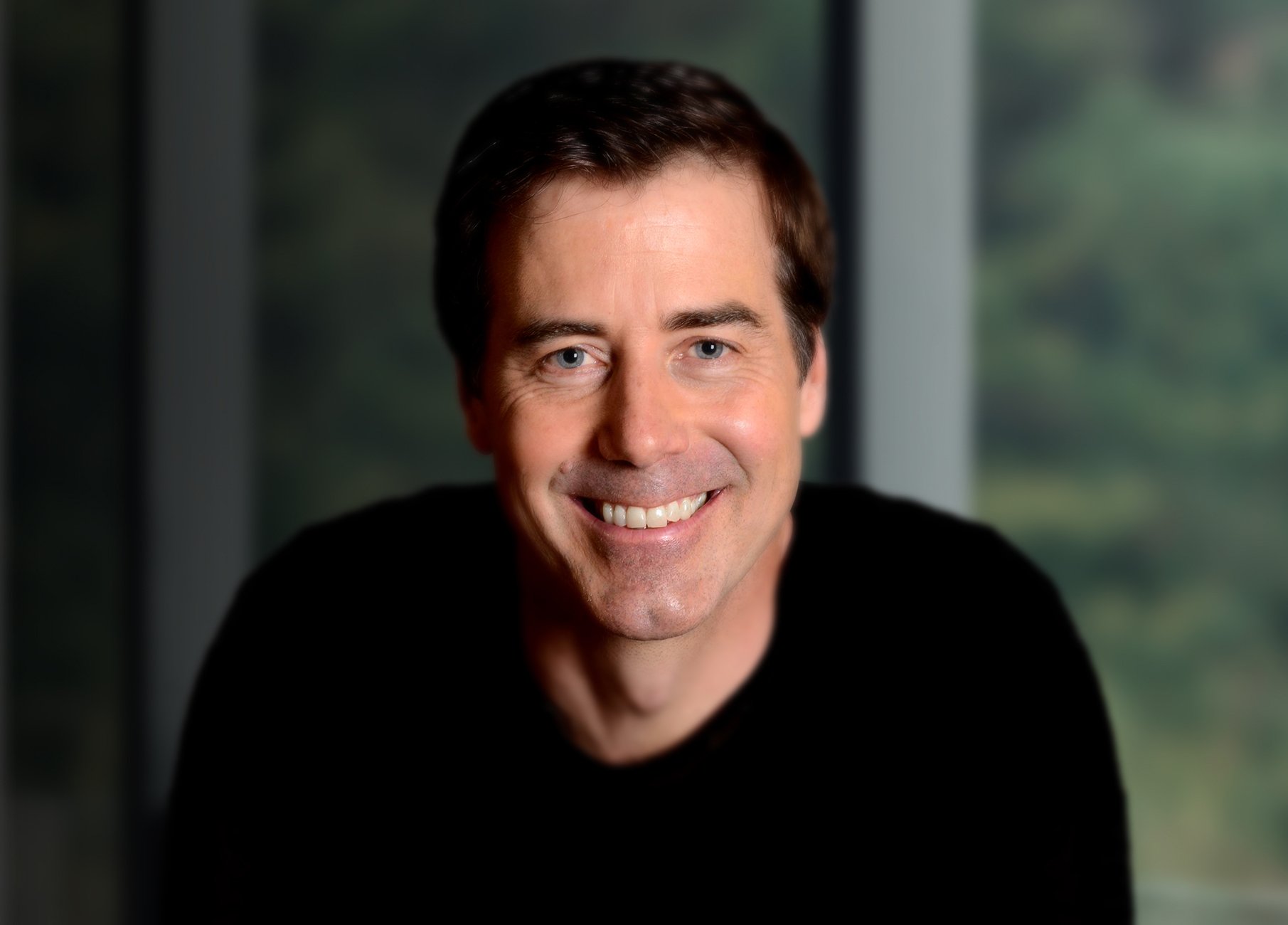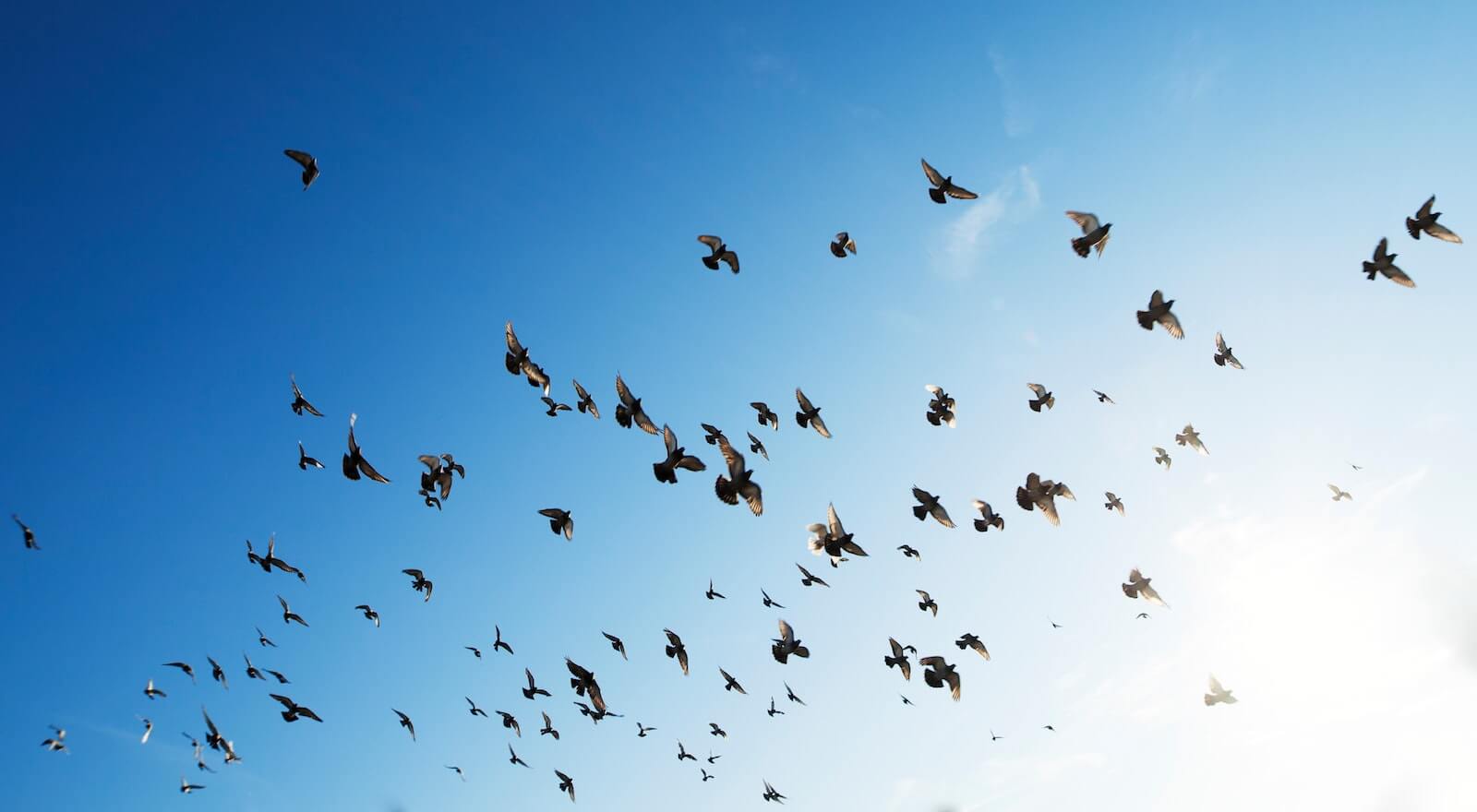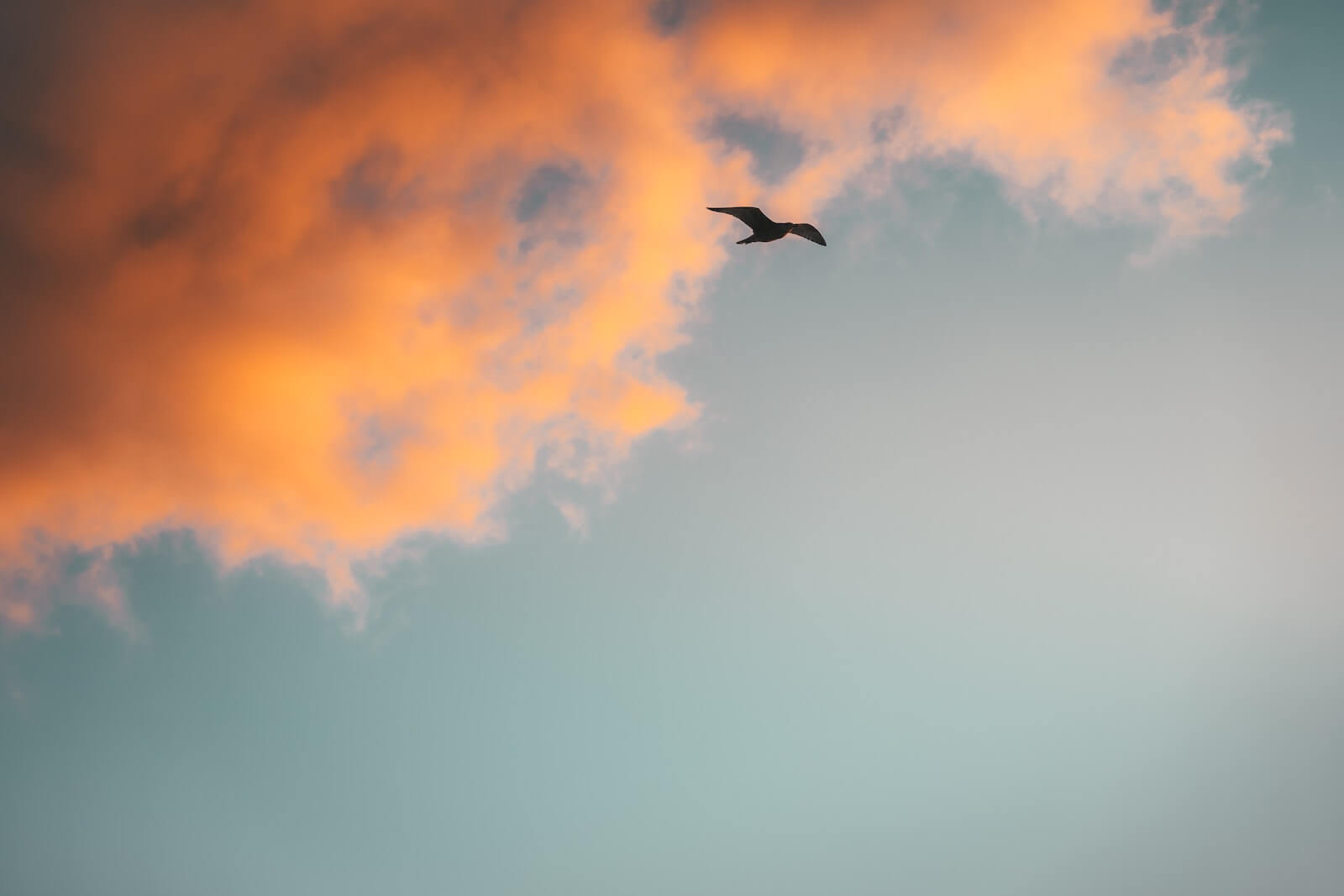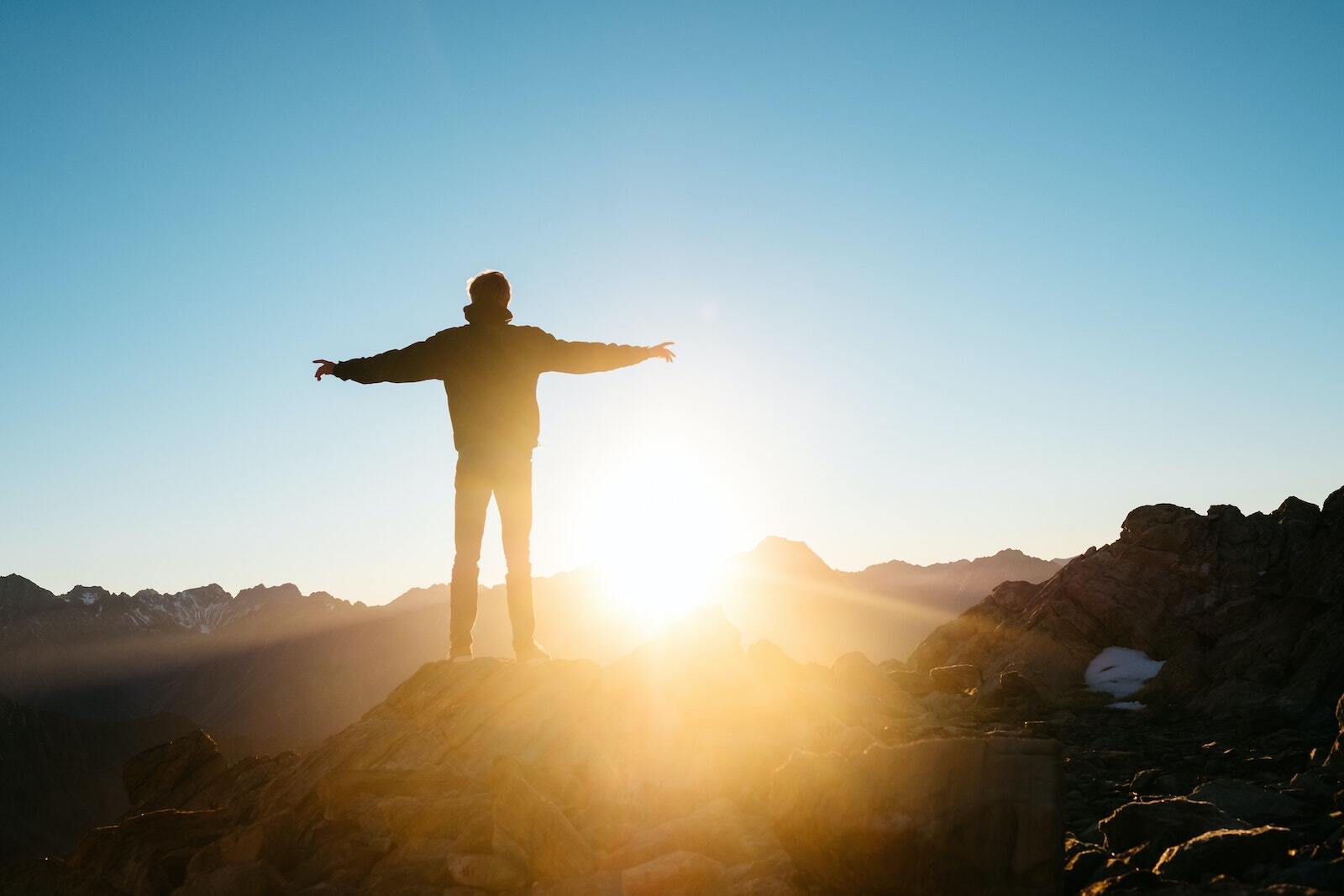Freedom from Limitation: A Life of Perpetual Evolution
Spiritual awakening reveals to us a stainless, unbroken perfection at the heart of reality. Always arresting in its purity, the discovery of this...
5 min read
 Craig Hamilton
:
Apr 16, 2020 12:30:00 AM
Craig Hamilton
:
Apr 16, 2020 12:30:00 AM

Over the past few months, I’ve been watching this global health crisis ripple through the human community, and I’ve felt compelled to share some simple but profound spiritual tools and practices to support people in navigating the challenges we’re facing on a day-to-day basis.
I recently offered a series of online virtual workshops to explore the key “Spiritual Survival Skills” that have helped me—and now others—to stay awake, present and centered during the pandemic.
In the 18-minute video below, I share the first of these skills, which I call “Being Comfortable in the Unknown.” I’ve found this rare spiritual capacity to be especially important in this moment when there is so much uncertainty.
Below the video I’ve included an edited transcript, if you’d prefer to engage the content that way.
Want to listen to the talk instead of watching? Click here to download an MP3 version.
One of the great challenges we face in a moment like this when it seems like things are falling apart all around us is that we have a tendency to desperately want to know what’s going to happen. We want to know what’s going to happen to us personally, what’s going to happen to the people we care about, and what’s going to happen to our world.
There’s so much uncertainty—about what’s actually happening, about when all this is going to end, and about when we’re going to be allowed to leave our homes and go back to normal life.
All of this uncertainty naturally causes us to become agitated. We just want to understand and make meaning out of everything that’s happening. It’s one of our most basic human drives.
Of course, the desire to understand can be a good thing. It helps us to anticipate problems and plan for how we’ll respond to a crisis like this. The desire to know sparks our curiosity and helps us orient to the world around us.
While our need to know is important, it can also find its limits at a moment like this, when—let’s face it—we really don’t know what’s going to happen.
Can you think of a time in your life when you knew less about what was going to happen?
We don’t know whether we’re going to be in our houses for a few more weeks, a few more months, or half the year. We don’t know whether the pandemic is going to slow down or whether it’s going to persist until we have a vaccine. We don’t know when the economy is going to start and what kind of global recession we might all be facing.
Even with so many experts—medical, economic, political—trying to make plans and predictions, we just don’t know what’s going to happen. And that creates a lot of stress for all of us.
One of the most profound qualities of spiritual awakening is that it liberates us from our attachment to knowing. It liberates us from the need for certainty. It enables us to live in the unknown, and to be comfortable in the unknown.
As we’ve discussed, human beings are generally not comfortable in the unknown. We crave certainty. It’s what gives us power. We feel that knowing and predicting what’s going to happen gives us control over our life and our destiny.
But spiritual awakening opens us to a mystery beyond the mind. It reveals a way of living where we actually start to discover that not knowing is a more powerful place than knowing. We start to discover that when we’re able to suspend our need for certainty—our grasping after answers—we become more receptive to a kind of knowing and a kind of wisdom capacity that our minds have no access to.
We start to learn that letting go of the need to know, living in the unknown, actually enables us to see things more clearly. It enables us to be in a fearlessly honest relationship to reality as it is—not as our minds think it should be, or want it to be, or are trying to force it to be.
If you’ve had an experience of spiritual awakening, you’ve probably noticed this shift in your need to know—a relaxation of the grasping after knowledge.
If you’ve encountered an awakened human being, you may have been surprised at the kind of natural humility and innocence they seem to have. Enlightened individuals have a quality that Suzuki Roshi called a “beginner’s mind”—a mind that isn’t grasping on, isn’t trying to know, and that is fully available for each moment.
This capacity to be comfortable in the unknown is one of the most powerful capacities we can access as human beings to deal with a time of so much uncertainty. This ability to really live in the unknown fearlessly is what can enable us to actually thrive in a moment when things aren’t certain—to be powerful, strong, clear, creative, and wise. It can allow us to meet this moment with wisdom, not reactive thinking.
The good news is we don’t have to wait for enlightenment to bestow upon us this willingness to live in the unknown. It’s something we can practice. And perhaps the easiest way to practice it is in meditation.
To demonstrate what it means to let go of knowing in meditation, I’ve included a guided meditation in the video at the top of this page.
While meditation is a crucial practice for tapping into this awakened relationship to the need to know, we can’t always be meditating. We have to live our lives, actively, and often in stressful moments.
So, how can we bring not knowing out of meditation and into our lives? How do we practice being innocent and being comfortable with the unknown as we go through our day?
There are some very simple things you can do, like observing your own need to know as it comes up. Try paying attention to the ways that you rush to judgment—to the ways that you want to assert some new knowledge because it gives you a sense of security.
This can be especially powerful during this moment when there’s so much insecurity in our lives. We have so many opportunities to observe and challenge the part of us that’s so desperately grasping onto the need to know what’s going on and what’s going to happen.
As you begin to observe this tendency in yourself, remember that you’re not trying to judge it, or even to shut it down.
Instead, you should simply ask yourself if you really need to know what you feel so desperate to know about? Can you really know the things your mind is grasping after?
As you do this, you’ll mostly observe that your need to know is coming from some kind of insecurity. Ask yourself, “Can I just be okay with the insecurity? Can I just make room for the feelings that are driving this need to now?”
Again, this isn’t about not knowing the basic things you need to live your life. We need to know certain things to go about our lives. You couldn’t really get out of bed in the morning or cook a meal if you didn’t know something.
This practice is not about a radical rejection of the mind, or a rejection of knowing. It’s about learning to become awake to our deeply emotional—and often irrational—need to know; and then not be driven by it.
I encourage you to run your own experiments with this particular awakened life practice. When you see yourself trying to know, try to let go of it. As you do this, you’ll move toward innocence, openness and receptivity, and away from the fear-driven grasping for certainty.
You’ll create a positive movement towards not knowing.
For possibly the first time, there are fundamental elements of our lives that we’ve always taken for granted that are just gone. We can’t go to restaurants. We can’t be sure that we can get into a hospital if we get sick. We don’t know what’s going to happen with our finances. We don’t know if our loved ones are going to be okay. There’s just so much unknown.
So, there’s a big opportunity for us to be the ones who can hold the unknown nature of this moment, for ourselves and for everyone around us. When everyone else is scrambling to know, we can be the voices that say, “Wow, what an insecure moment. We don’t know the answers. We’d like to know, but we can’t. And that’s okay.”
We can bring an openness, innocence, receptivity, and interest to this difficult time. Again, it doesn’t mean we aren’t interested in what we might discover. It just means that we’re not holding on—we’re not grasping. This orientation is rooted in our meditation practice, and it’s something we can bring forth into our lives.

Spiritual awakening reveals to us a stainless, unbroken perfection at the heart of reality. Always arresting in its purity, the discovery of this...

Spiritual awakening is often described as the discovery of a boundless inner freedom. But what does spiritual freedom really mean and what are we...

It’s easy to be enlightened when we feel enlightened. But how can we live our lives as an expression of higher consciousness even when we aren’t in...